
A woman living with metastatic breast cancer shares how her relationship with her sister who was adopted from Korea transformed after they both received a cancer diagnosis.

A woman living with metastatic breast cancer shares how her relationship with her sister who was adopted from Korea transformed after they both received a cancer diagnosis.

A survivor of breast cancer explains what she has learned about inclusive language and how it can empower patients who have been diagnosed with cancer on their healing journey.

One breast cancer survivor shares the experience she had with her daughters in trying to get them to understand the importance of participating in preventive screenings.
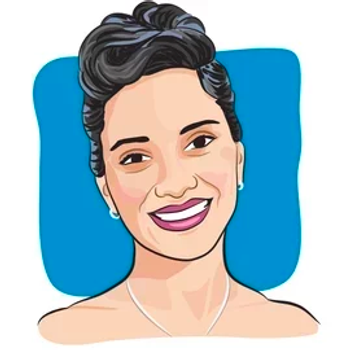
A brain tumor survivor explains how she chooses to approach life with acceptance of the hard times rather than trying to throw them away.
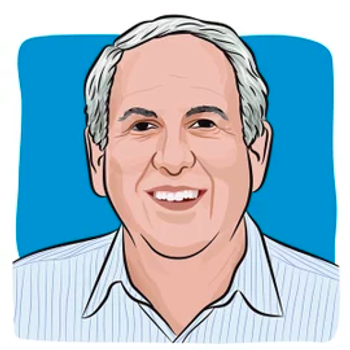
A cancer survivor offers advice for those facing anxiety and fear about cancer that takes control of their life.
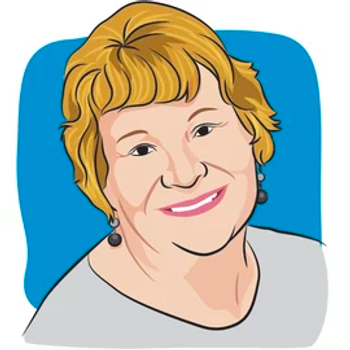
A cancer survivor expresses the fears many survivors face with another year of staring down the COVID-19 pandemic.

A nursing student describes how the day her sister was diagnosed with cancer shaped her world in many ways and caused a domino effect on her life.

One cancer survivor describes the impact of the words of support from other patients with cancer throughout his experience that helped pull him out of devastation.
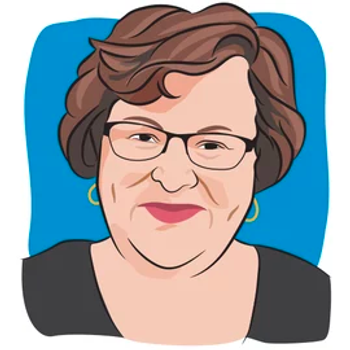
A cancer survivor explains how she was able to intimately reconnect with her spouse after cancer caused their love life to fizzle for many years.

A cancer survivor offers tips on dealing with the mental gymnastics of wondering whether his COVID-19 vaccine will work against the omicron variant and how more isolation will affect his mental state.

A cancer survivor explains her approach to New Year’s resolutions and how she plans to make her health a priority.

A mother describes how her daughter formed an unlikely friendship with one of her chemo nurses after her treatment ended.

A breast cancer survivor describes a project she participated in — the Dear Body Project — to thank her body for all that it has endured.

A pancreatic cancer survivor explains how he learned to live after cancer and reflects on lessons learned from the book, “Tuesdays with Morrie.”

After a challenging year due to COVID-19 and rising blood test numbers, a woman living with ovarian cancer shares on what she’s learned and how she’s approaching 2022.

A sister of a woman with cancer writes about how the idea of recurrence faded to the back of her mind, but now she must be realistic about the future.

A cancer survivor pens a poem about his New Year’s resolutions to help other survivors through obstacles in 2022.

A young adult cancer survivor describes the ways people typically misunderstand his cancer experiences.

A person with cancer may naturally assume an oncologist will follow them throughout the course of treatment, but when that person survives for many years, things can rapidly change.

A cancer survivor discusses the hurtful words people say to cancer survivors and why they sting.

A breast cancer survivor describes how exhausting it is to live in constant fear of cancer and how she plans to combat it in 2022.
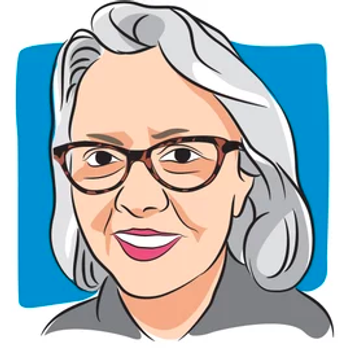
Nobody wants to learn they have cancer. But sometimes, the disease teaches people to appreciate other aspects of life, one cancer survivor explains.
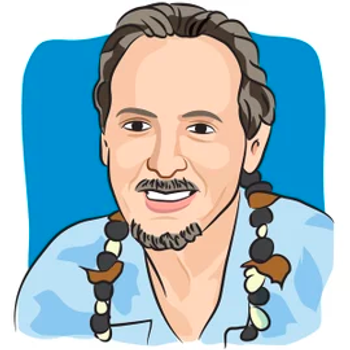
A male breast cancer survivor discusses the fear and fabrications created in his head and how he deals with them.

A patient with cancer writes about trying acupuncture as another potential tool to lessen the effects of chemo-induced peripheral neuropathy and offers advice for other patients on how to possibly deal with the debilitating side effect.

A woman with metastatic breast cancer writes a poem about the dark reality of the disease that hides below the surface.

A cancer survivor explains how she feels like she’s living inside a nightmare with new COVID-19 variants appearing all the time, making her unable to see her family over the holidays.

A non-Hodgkin’s lymphoma survivor writes about how she chose to approach a stressful doctor’s appointment and how doing whatever helps may look different for everyone.

A caregiver writes a poem expressing joy over her daughter’s clean scan results after having had breast cancer in her own version of the 12 Days of Christmas.

A man who has spent five years dealing with cancer shares his thoughts on the COVID-19 booster shot.

A pancreatic cancer survivor explains the anguish he felt over seeing a young mother and her child in the waiting room for his oncologist, and what words of advice he would offer her.